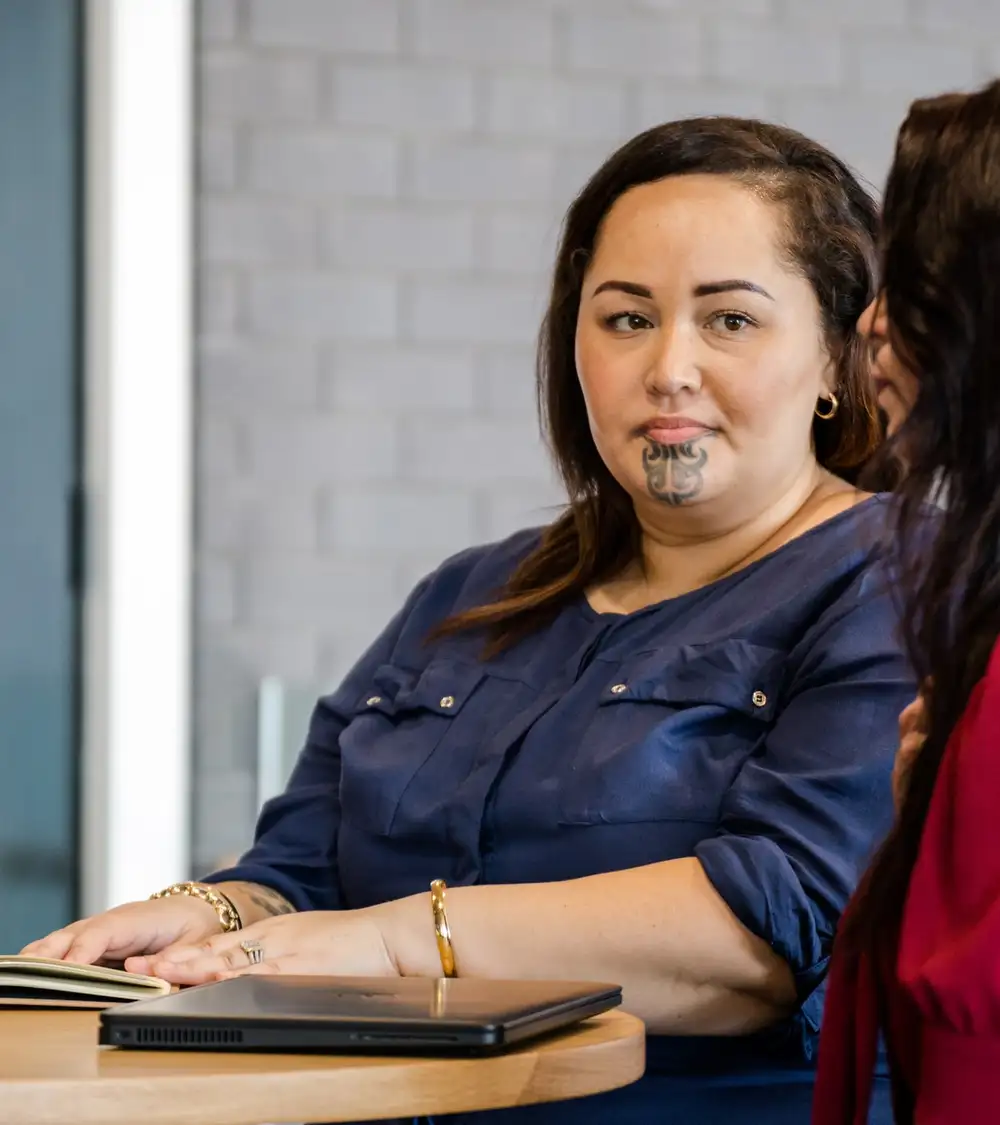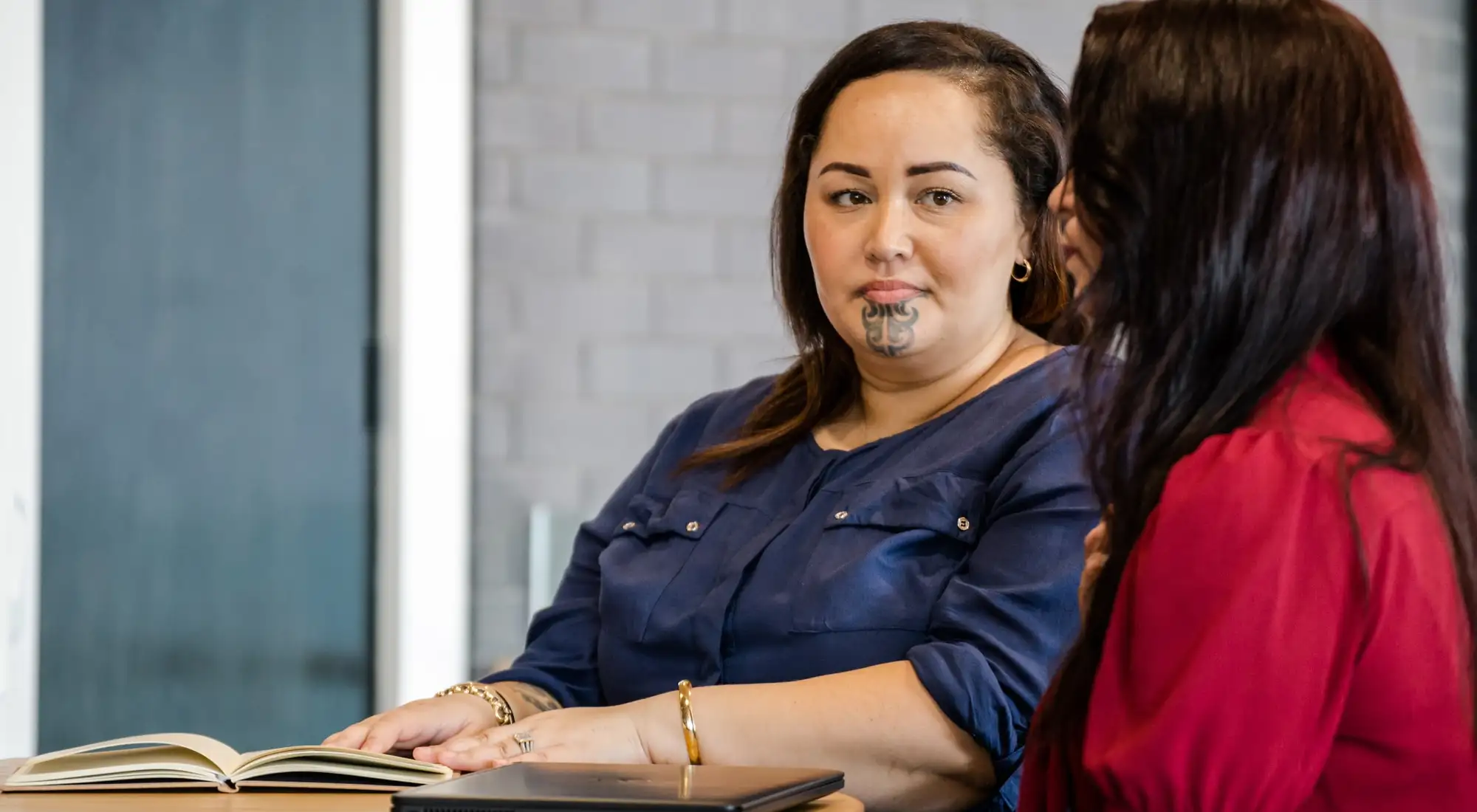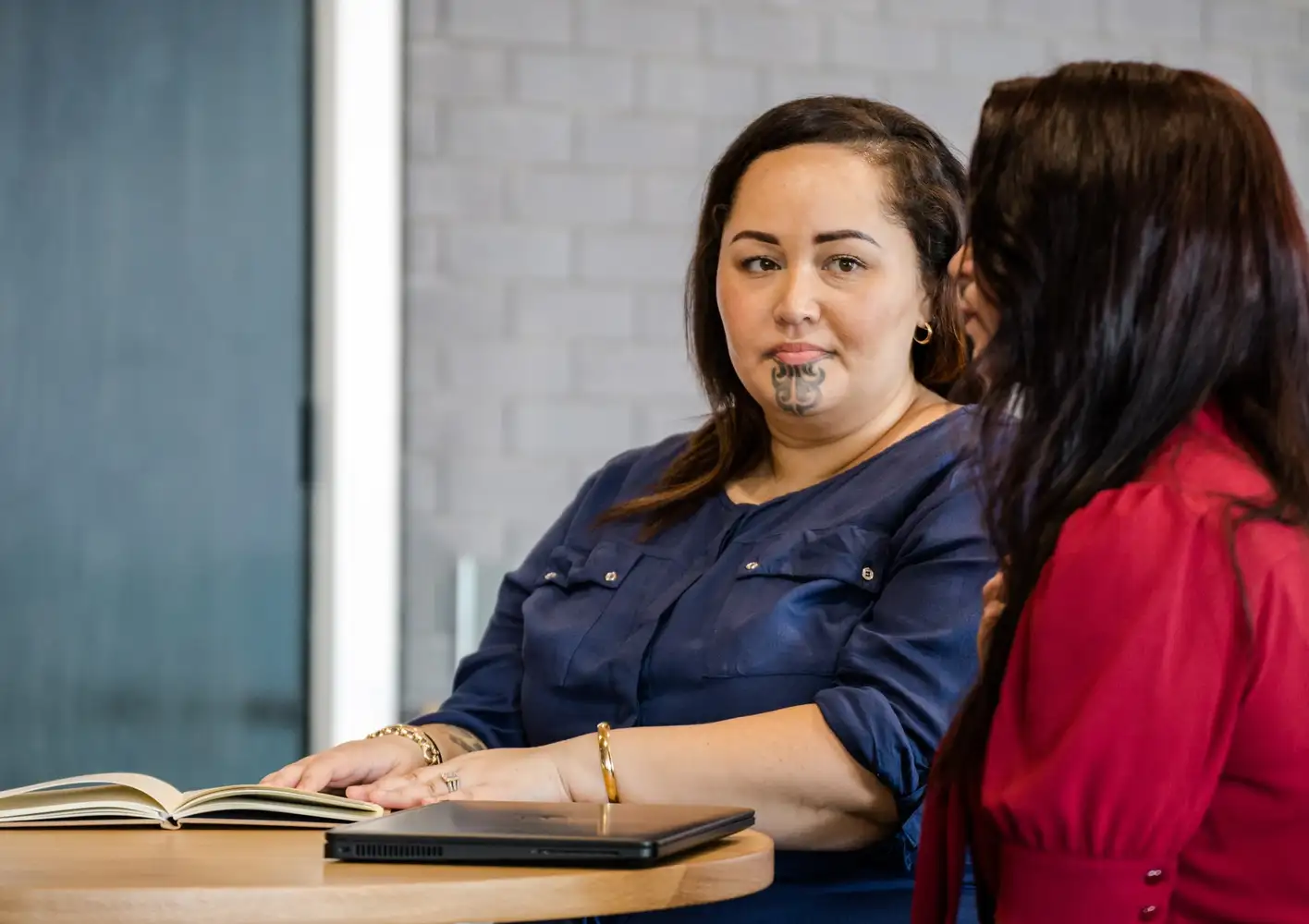More competition for Māori wards compared with general ward seats



16 August 2022
More than 140 candidates have put themselves forward for Māori ward and constituency seats across 34 councils.
This is the first year that many of these councils have implemented Māori wards, which will see more than 60 new Māori ward councillors.
“It’s fantastic to see so many people putting their hands up,” says LGNZ’s Chief Executive Susan Freeman-Greene.
“Councils make important decisions that affect all our communities so it's critical Māori are represented and have a say in those decisions.
“We always want our council tables to look like the communities they serve, and we know historically we’ve had low representation of Māori on our councils.
“If we look at past local government elections, we’ve seen a steady average of around two candidates running for each available position.
“These Māori ward numbers show more competition for seats, with closer to 2.2 candidates for every available position,” Susan Freeman-Greene said.
“In the past, many Māori have felt like local government isn’t a place for them because they couldn’t see themselves represented around the council tables,” says Bonita Bigham, Chair of Te Maruata, LGNZ’s national collective of Māori elected to local government or appointed to governance roles by iwi.
“It’s abundantly clear that the introduction of Māori wards has empowered more Māori to stand.
“We know many elected on Māori wards will have little to no experience in local government. That’s why Te Maruata has established Te Āhuru Mōwai, a new tuakana teina programme to support Māori elected members.
“There is a real issue with retaining Māori in local government. That’s why LGNZ has put more resources and focus into this kaupapa for Māori and also elected members from other diverse backgrounds.
“Te Āhuru Mōwai is one of a number of ways LGNZ is supporting new elected members, and we want to continue to find ways of improving that awhi and manaaki within local government.
All 66 positions had nominations, with 13 councillors being elected unopposed.
"From a te ao Māori perspective this isn’t bad thing, in fact I’d suggest in most, if not all, instances it reflects the careful and purposeful consideration and effort that iwi and hapū have made when putting forward a preferred candidate," Bonita Bigham said.
Voting documents will be sent to all enrolled voters by local councils between 16-21 September and voting closes at midday on Saturday 8 October.